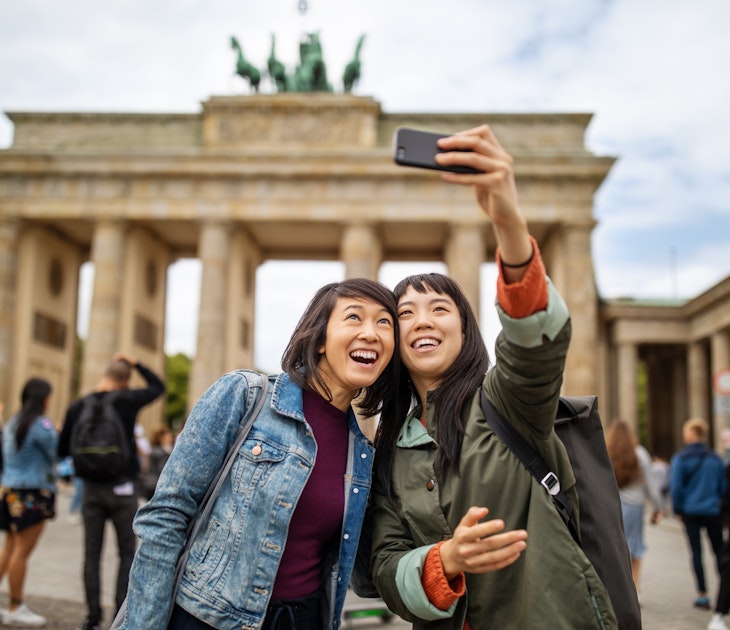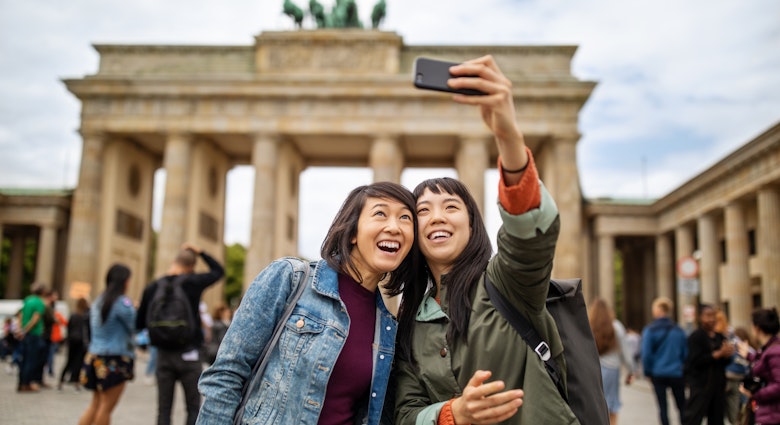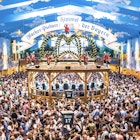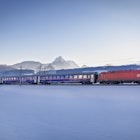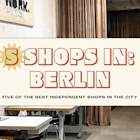Germany is the world’s fourth-biggest economy, has a history that’ll take you a lifetime to unpack, a capital city that seems to be crawling into the future and a population of more than 80 million people, almost one-fifth of whom have an immigrant background – that makes it almost impossible to form any generalisations about a singular Germany. Instead, expect a country full of bewildering contradictions, quirky social norms and, in the capital especially, stereotypes turned on their head.

1. Get around on two wheels
Bike riding is a beloved mode of transportation in Germany, and there are many dedicated bike lanes in cities and along popular cycling routes in regional areas. Bike-sharing schemes are common, and in some cities you might even find shared cargo bikes – a popular way to get around with kids. Always err on the side of caution and lock your bike whenever you leave it unattended (especially in Berlin). Motorists are generally aware and cautious of cyclists, though you should always remain alert and many people in urban areas wear a helmet (though it is not required by law).
Things are set to get even better for two-wheeled commuters, with the implementation of the federal government’s National Cycling Plan 3.0, which aims to double the number of cyclists on the roads by 2030. Cycling infrastructure will be improved, extended and made safer – and help to cut carbon emissions.
2. Book train tickets in advance – and always reserve a seat
Traveling around Germany is relatively quick and easy if you take the high-speed ICE trains run by the Deutsche Bahn. Tickets can be expensive, especially for last-minute travel and over major holidays, but the trains are comfortable and generally arrive on time. It’s almost always worth paying extra to reserve a seat, otherwise you could find yourself sitting on the floor in the bike storage carriage for the duration of your journey. That, or drinking a beer in the onboard restaurant.
If you’re traveling with kids, try to reserve seats in the Familienbereich (family area) to save yourself sideways stares for if – or when – your kids go wild or lose their cool. The Kleinkindbereich is a closed compartment suitable for those traveling with babies and toddlers – it even has a carpeted space to crawl around!
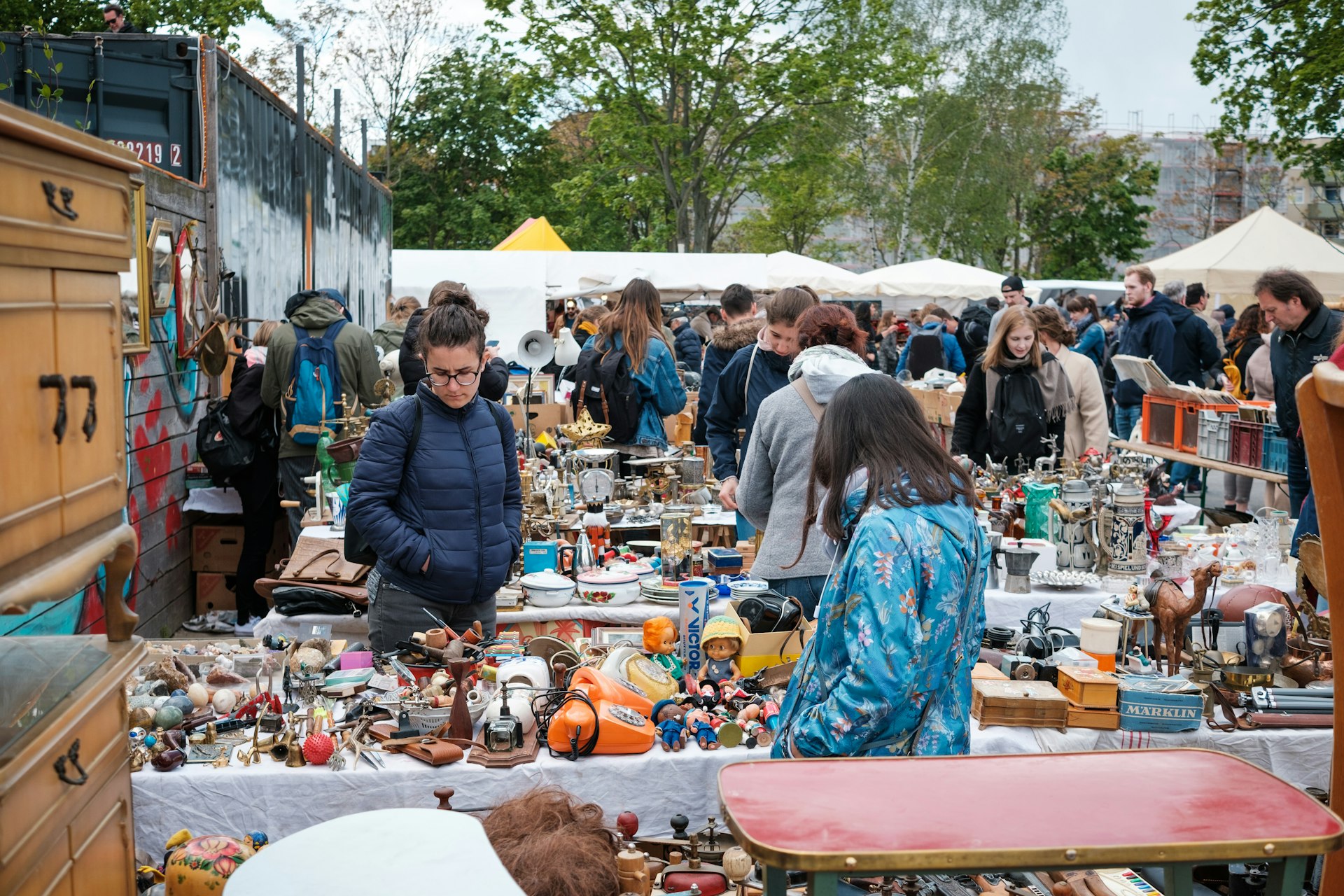
3. Forget about shopping on a Sunday
Shopping is generally a no-no on Sundays, when supermarkets and retail outlets are closed in accordance with the law. If you’re in desperate need of something, your best bet is to head to a major train or bus station where there might be a supermarket and Apotheke (pharmacy) open. Otherwise, almost everything else runs as usual – museums, tourist attractions, bakeries, cafes etc – including Spätis (small convenience stores) but with limited opening hours. Locals, instead, spend their Sundays indulging in simple pleasures like hanging out in the park, hiking, trawling flea markets, and going out for coffee and cake. In Berlin, it’s also a popular day to go clubbing.
4. Always carry cash in Germany
It remains surprisingly true: Germans prefer cash – even in the country’s capital – and it will make things infinitely easier if you carry some on you at all times – including coins for public toilets (which are rarely free). Many smaller cafes, bakeries and bars don’t accept card payments at all, but this is generally clearly stated at the door – or communicated once you’ve pulled out your card/phone to pay.
Things are changing, however, especially since the Covid-19 pandemic, and you will find card payment, as well as other cashless payment methods, available in far more places than you might have just a year or two ago. Indeed, there are now some places that don’t take cash at all.
5. Can I speak English in Germany?
German is the official language and it is spoken by the vast majority of the population. English is the next most common language and it is widely spoken, especially in cities such as Berlin, Munich, Düsseldorf and Frankfurt, though less so in regional areas. That said, you may receive looks of bewilderment if you enter a shop or cafe and address staff in English without first attempting a few words in German.
It’s definitely worth practising at least a few words and simple phrases to make your trip a little easier – Danke (thank you), Bitte (please), Entschuldigung (excuse me) and Tschüß (goodbye) are a good start. But the German language can be unforgiving to beginners, and many German speakers will switch immediately to English at even a hint of a foreign accent. Easy German has some excellent YouTube tutorials as well as insightful videos about life in Berlin and Germany.

6. Drinking on the street is nicht verboten
Drinking in public spaces in Germany is nicht verboten (not forbidden). There’s nothing to stop you from buying a beer from the Späti to drink while sitting on the street or in a public space such as a park. This is fairly common, socially acceptable behavior, especially at the end of the day, and there’s no need to hide your bottle in a paper bag.
Public drunkenness, on the other hand, and even public loudness, will quickly mark you as an outsider. Go easy and, if you’re drinking beer, check the alcohol content before swilling away – it might be higher than what you’re used to and drinking 0.5L bottles (the norm) can catch up with you.
When you’ve finished your beer (or almost any other bottled drink), never put the empty bottle in the bin or recycling – leave it, instead, in a discrete spot (such as next to a bin) and someone will eventually come along and collect it for the Pfand (deposit refund).
7. Are people friendly in Germany?
Small talk, pleasantries and welcoming smiles aren’t the most typical German way, and customer service can leave those used to more easy-going, chatty interactions feeling rather cold.
On top of that, many German locals won’t think twice about firmly redirecting you (sometimes harshly so) – say, if you walk in the cycle lane (which can sometimes be difficult to differentiate from the footpath), ride your bike on a footpath, walk against a red Ampelmann (pedestrian light), or take too long packing your groceries at the supermarket (yes, really!).
Berliners, in particular, are renowned for their lack of social niceties, epitomized by the Berliner Schnauze, the gruff attitude adopted by some locals. The Berliner Ausländer Memes Instagram account provides a good introduction to the curious ways of Berlin life and might provide a soothing sense of camaraderie with other baffled foreigners.
It sounds tiresome, but if you ignore any perceived hostilities and carry on with your business, you are likely to find that the majority of German locals are kind and helpful – if not always outwardly friendly.

